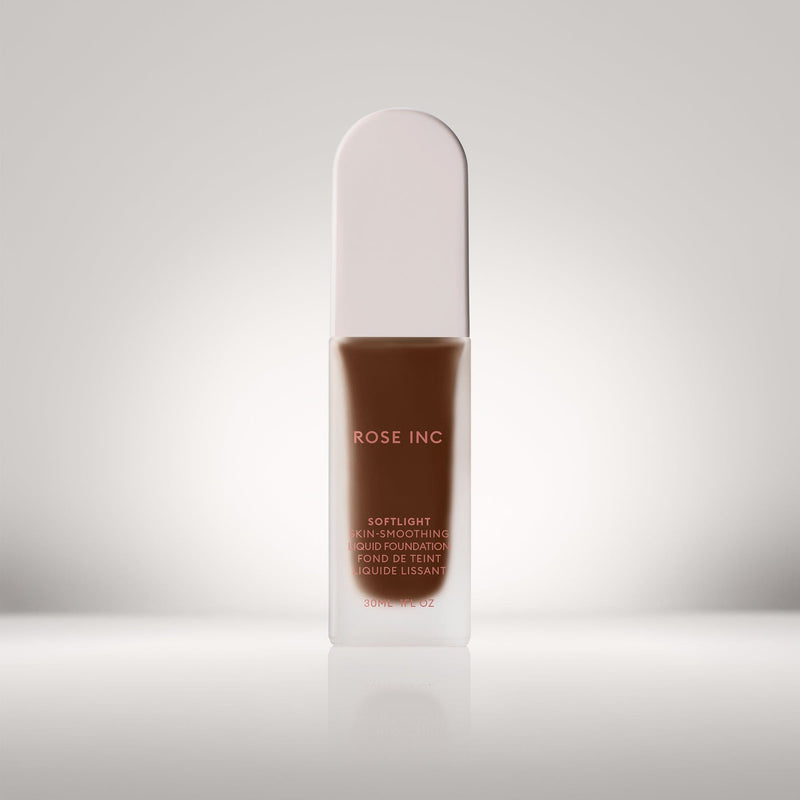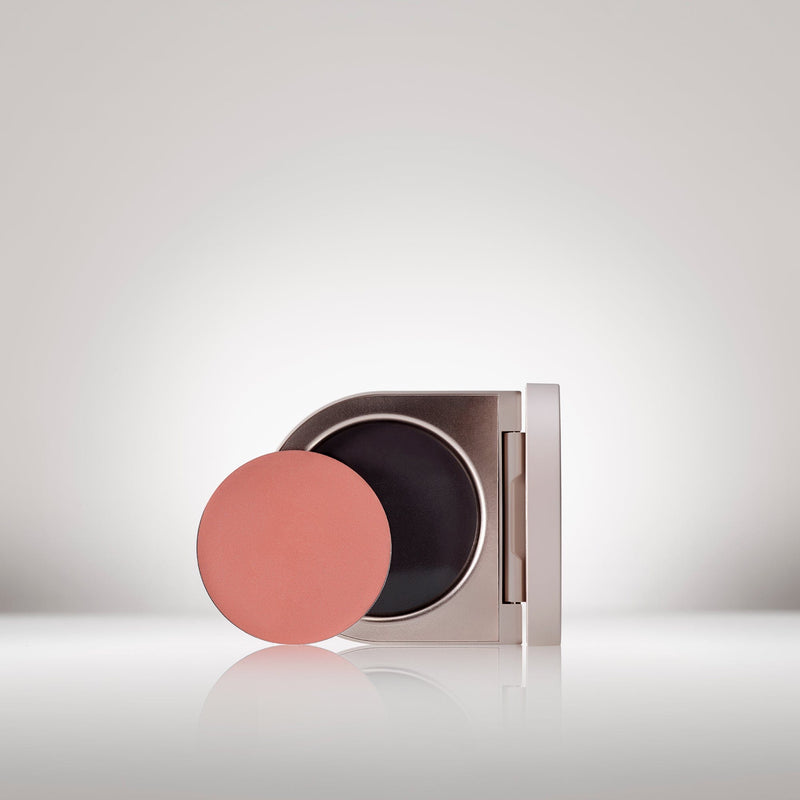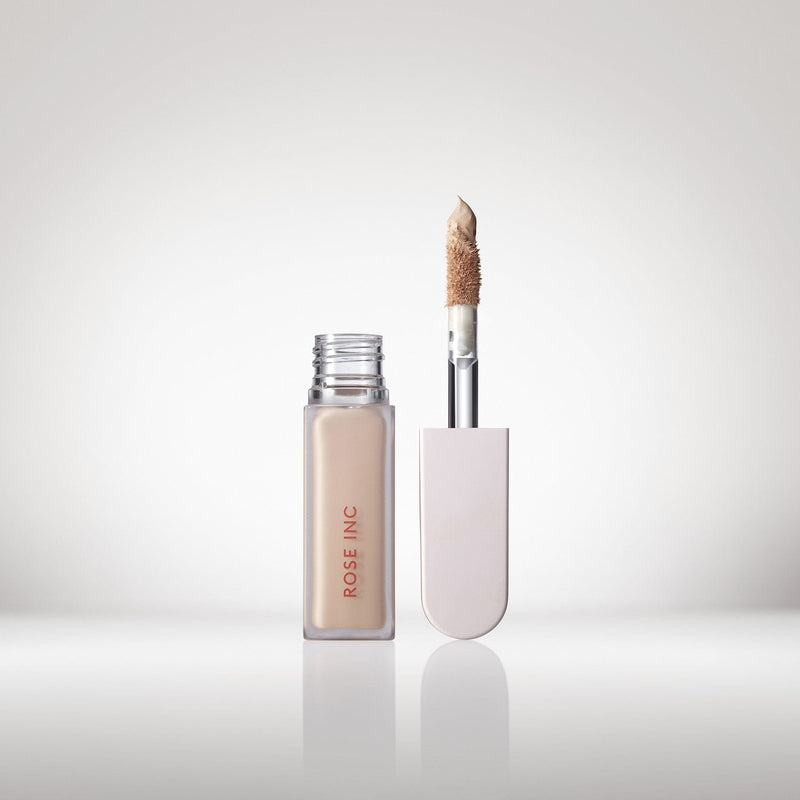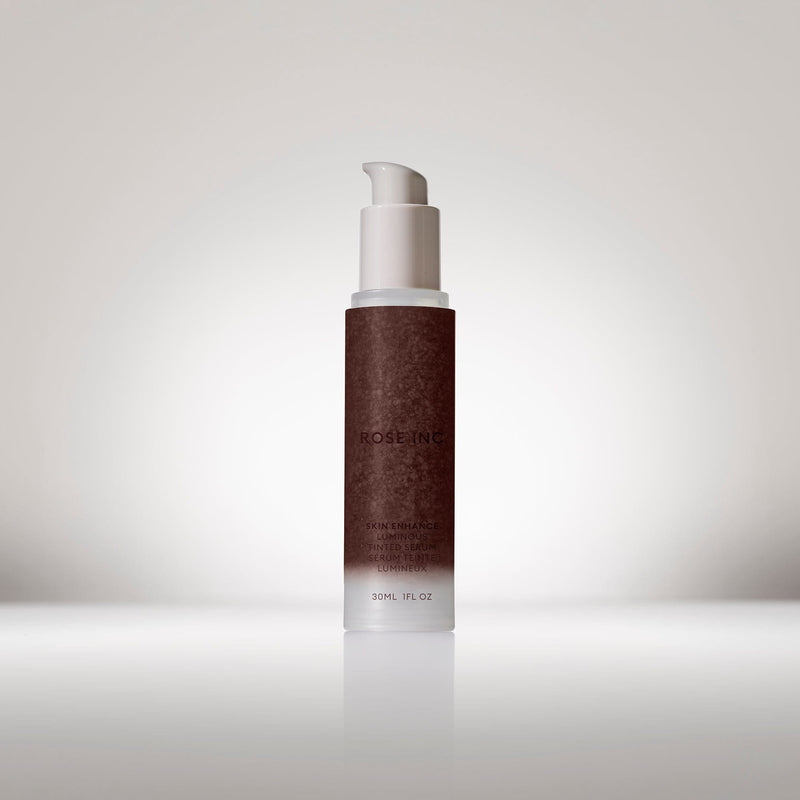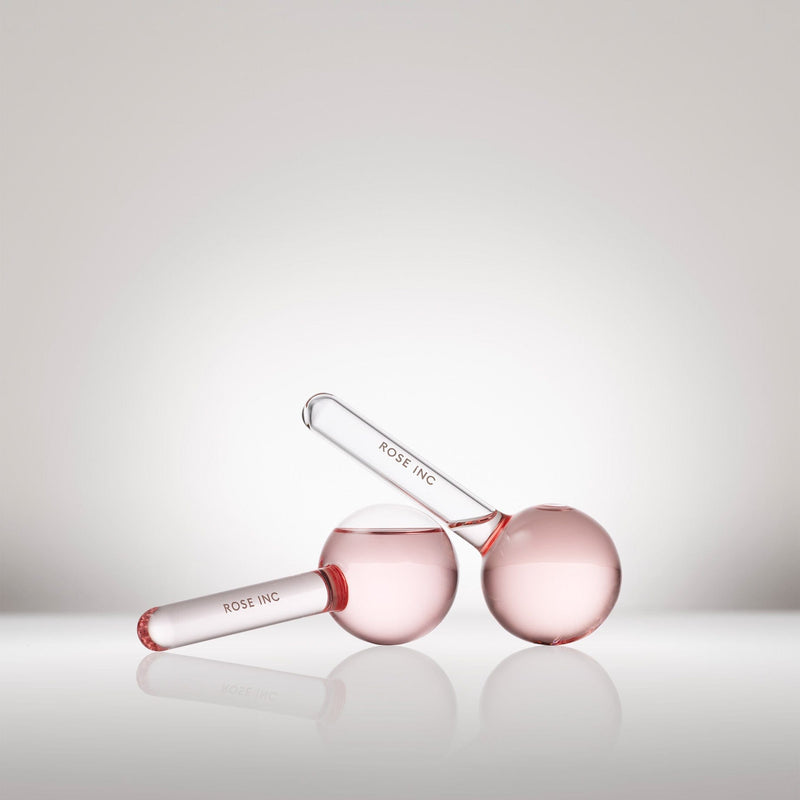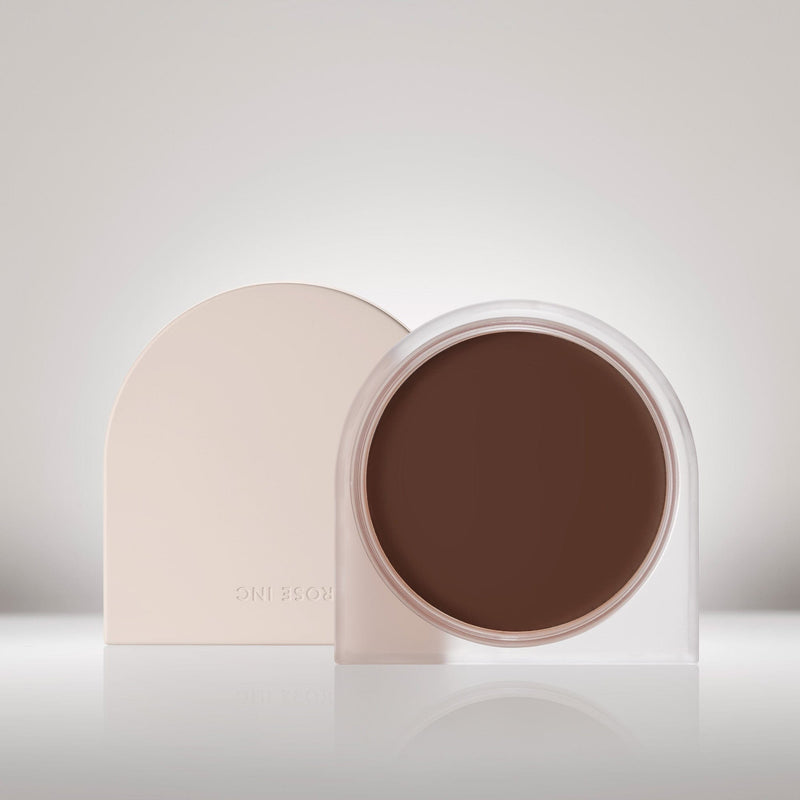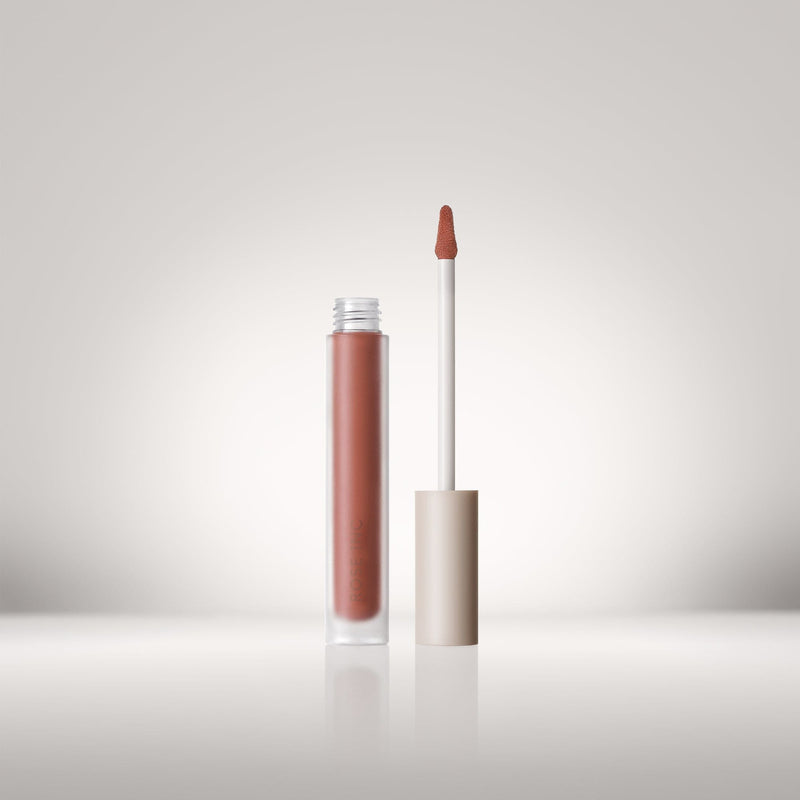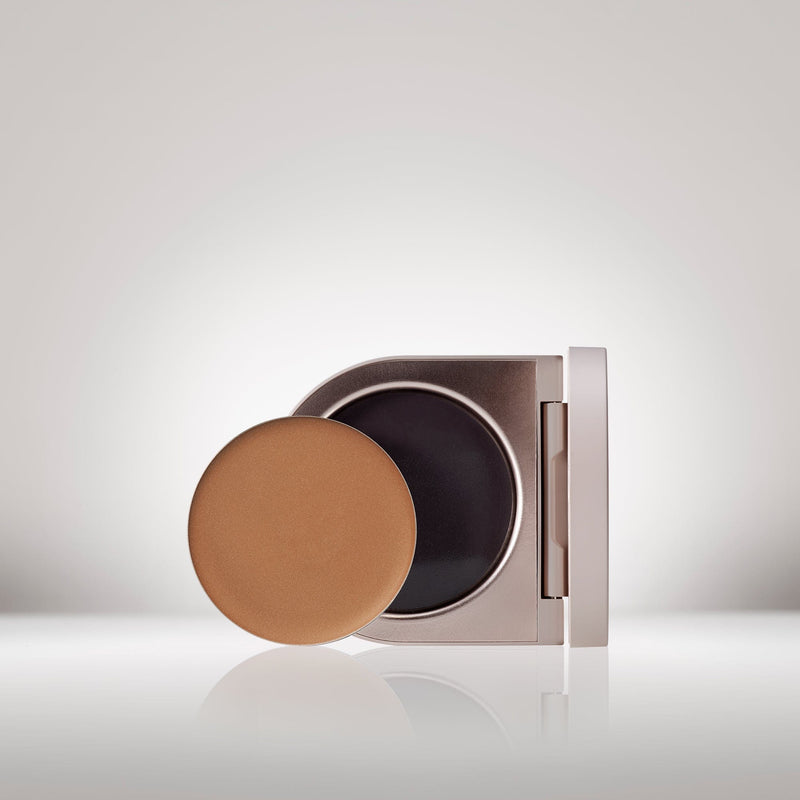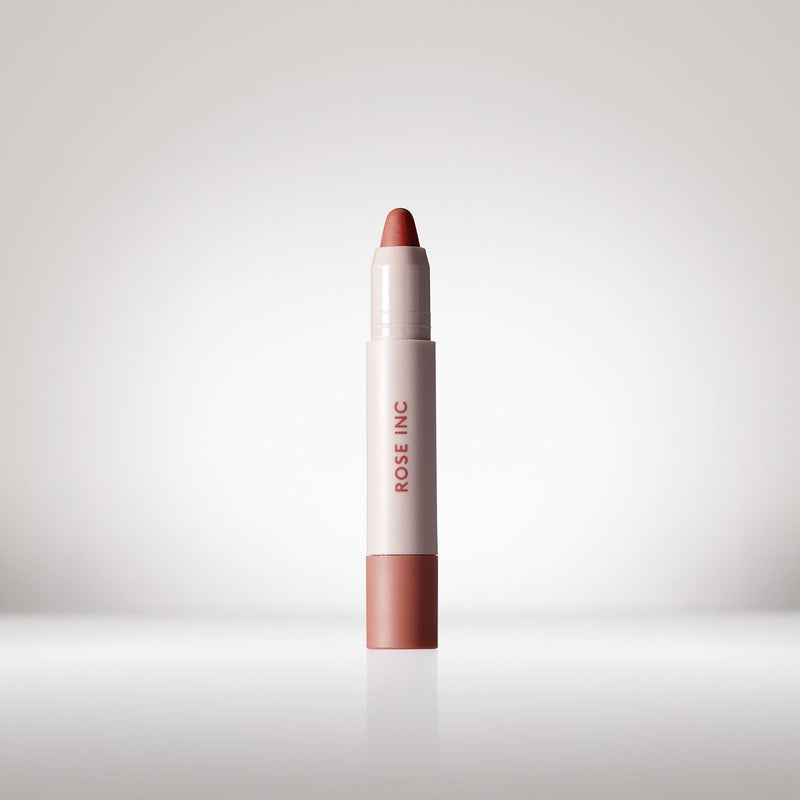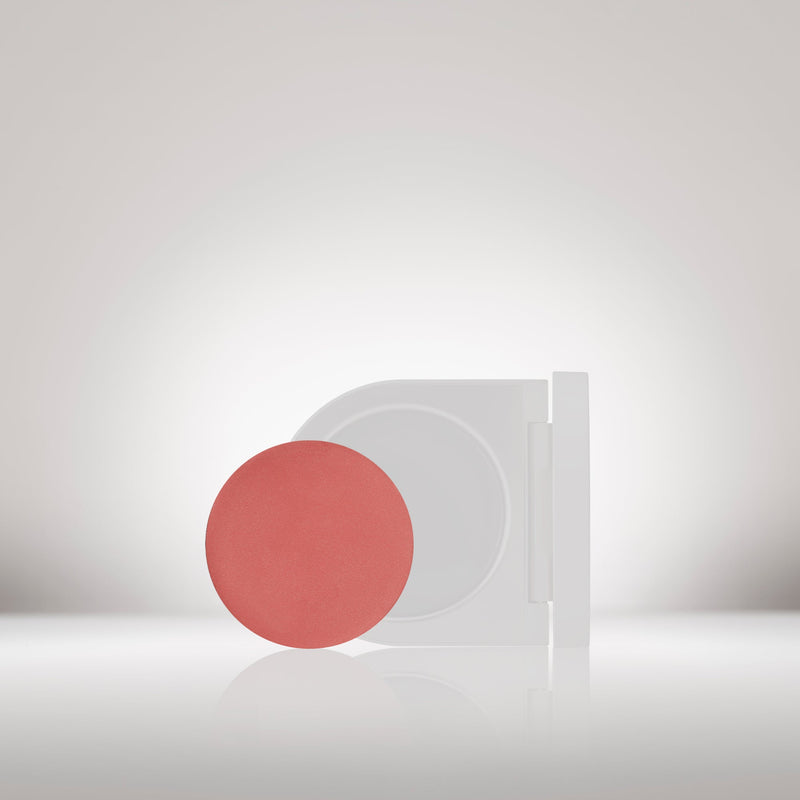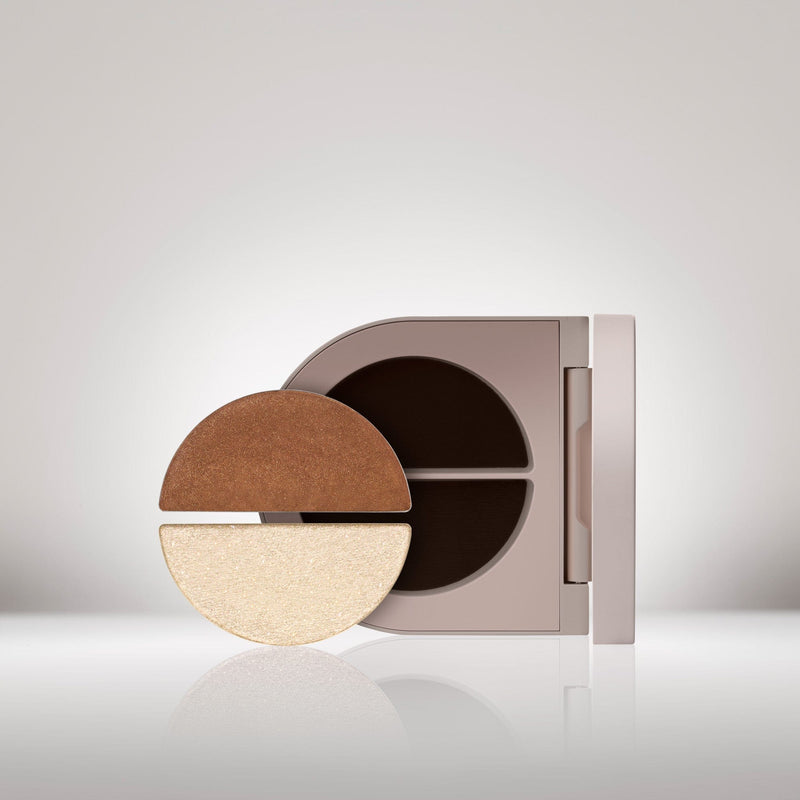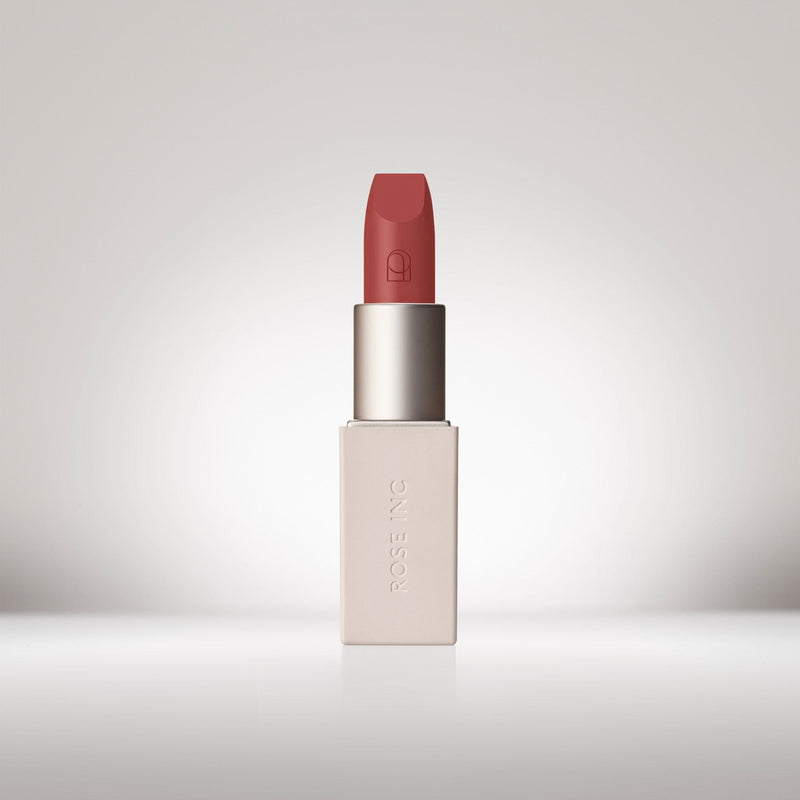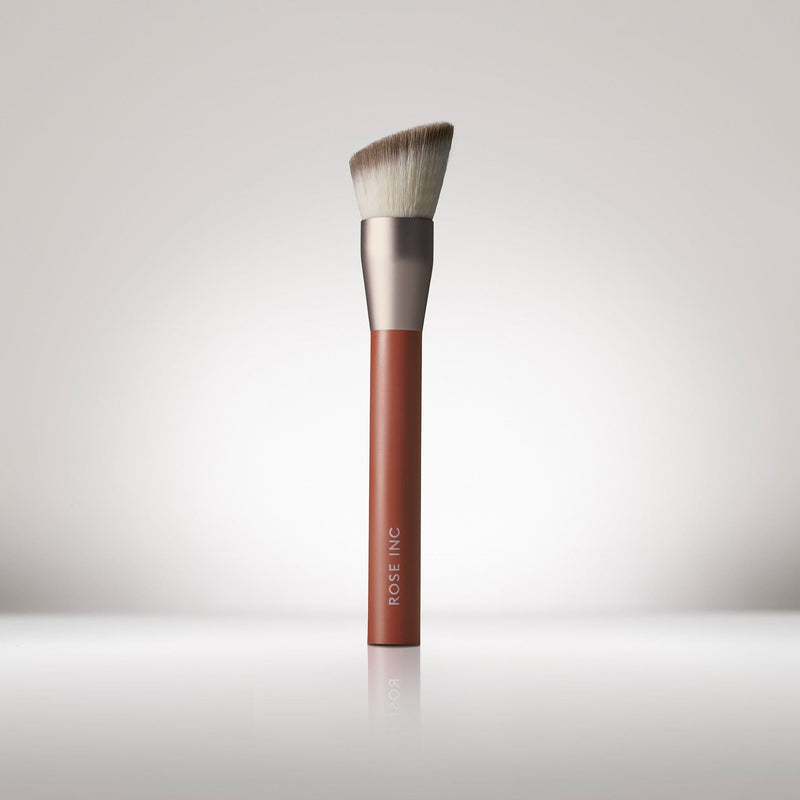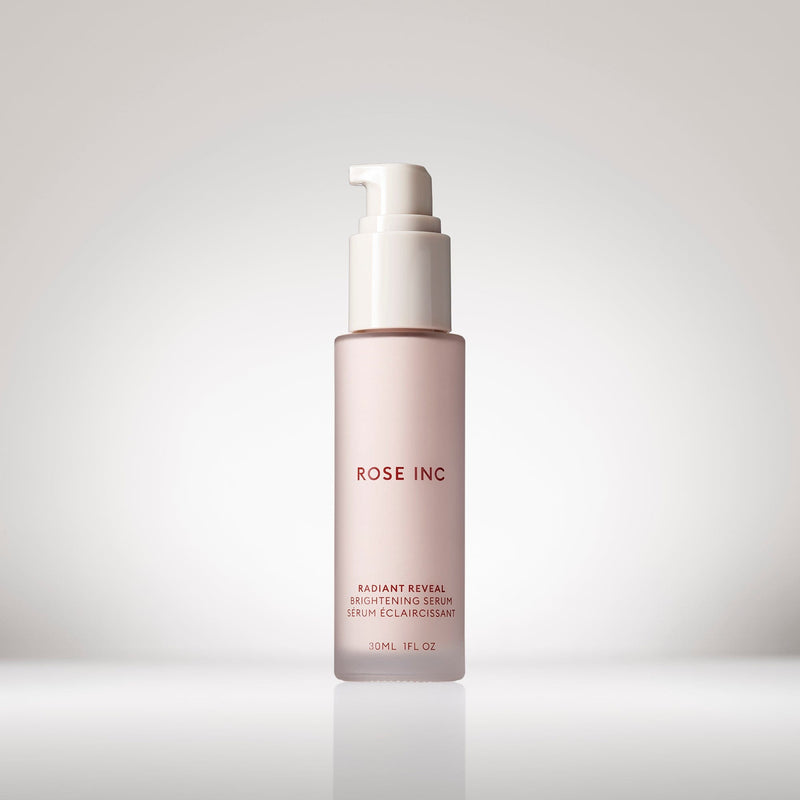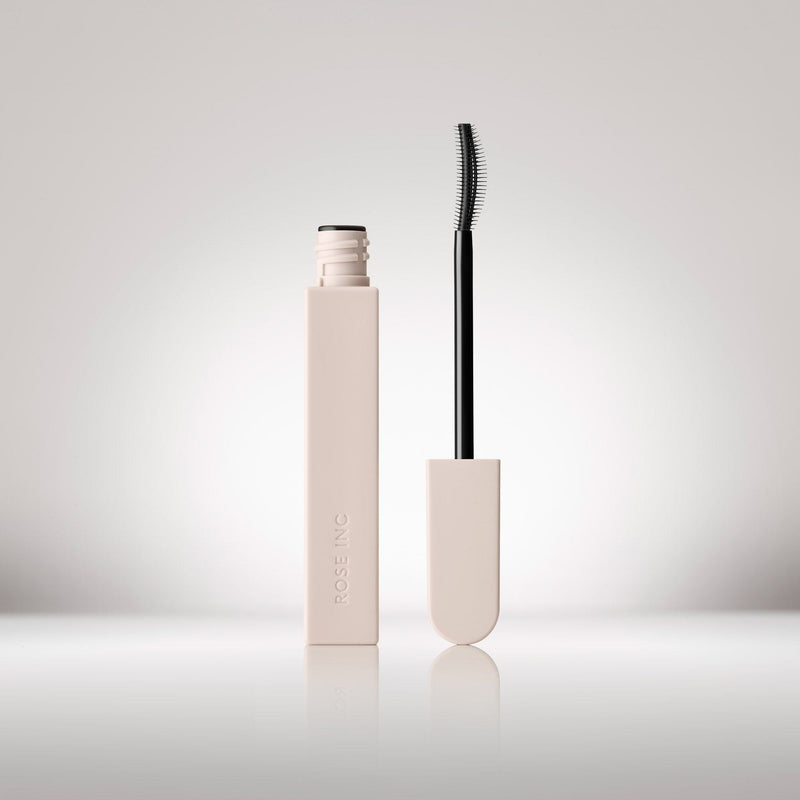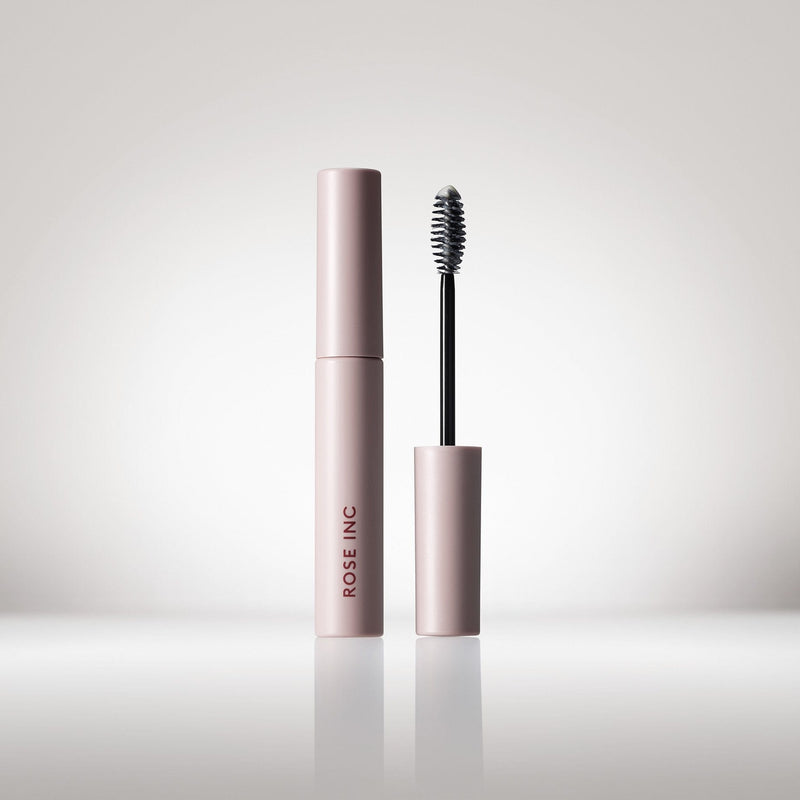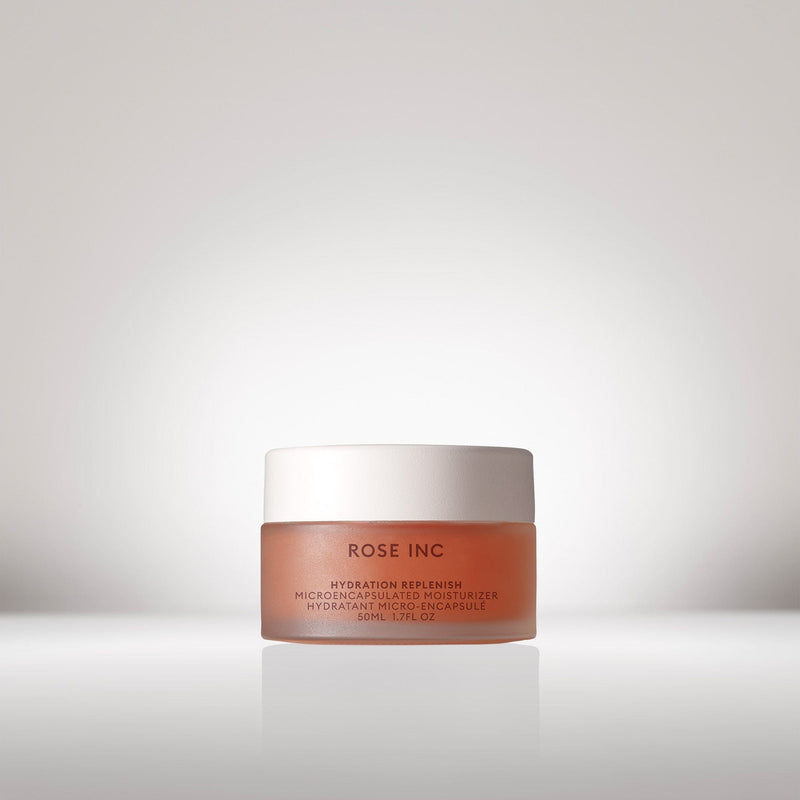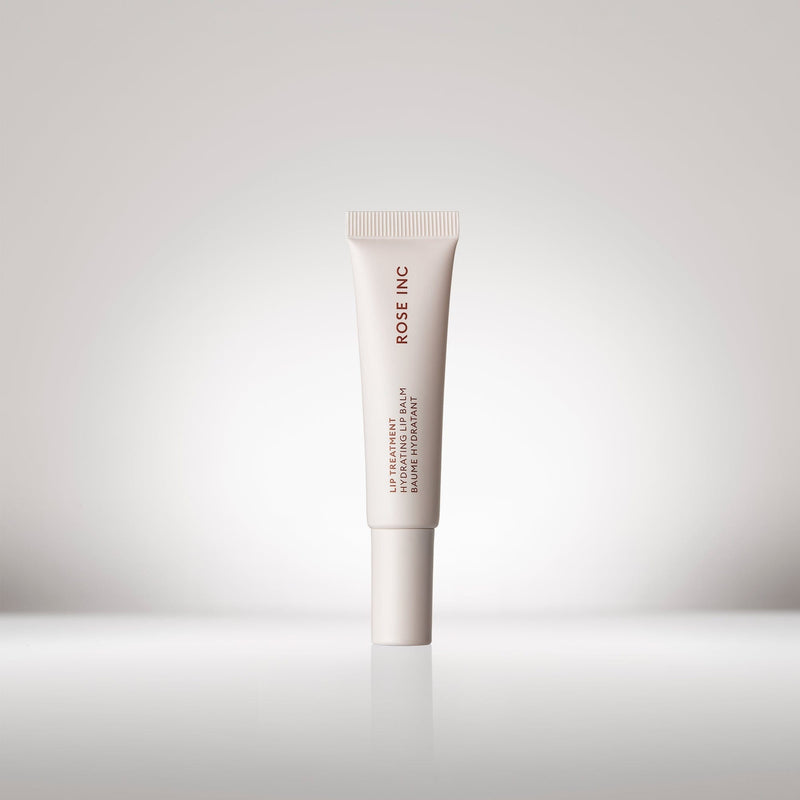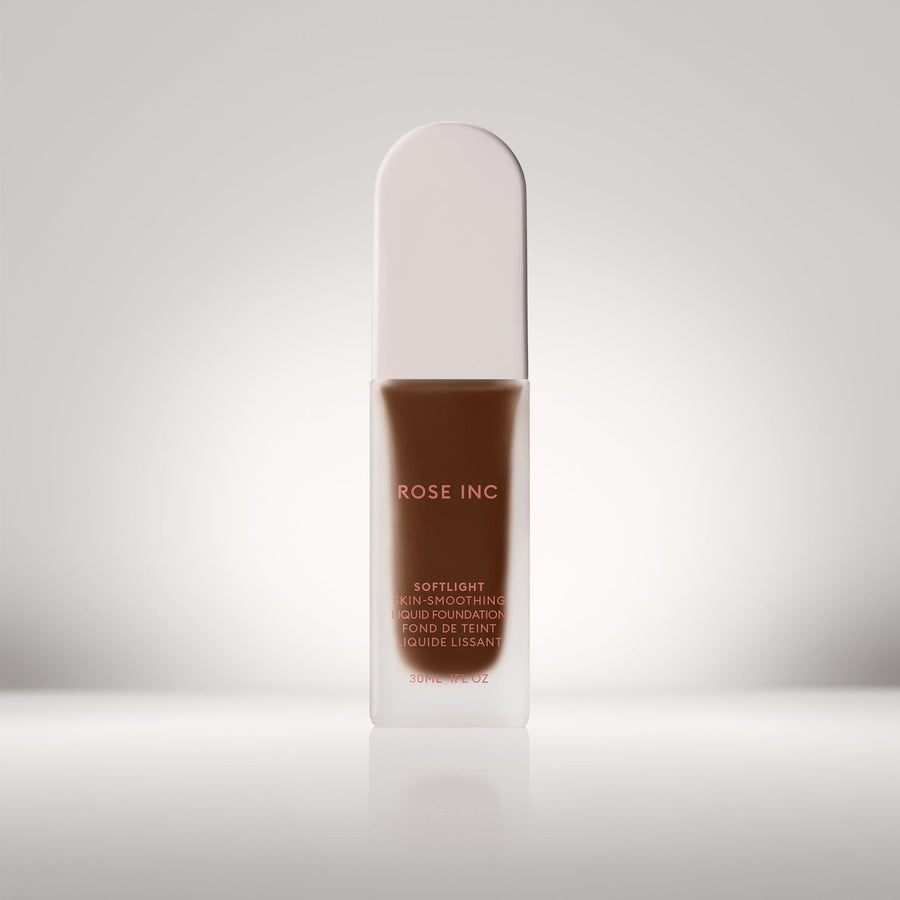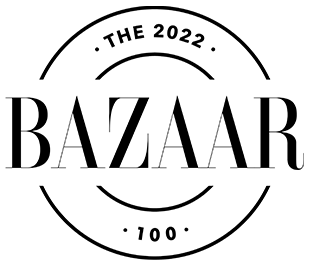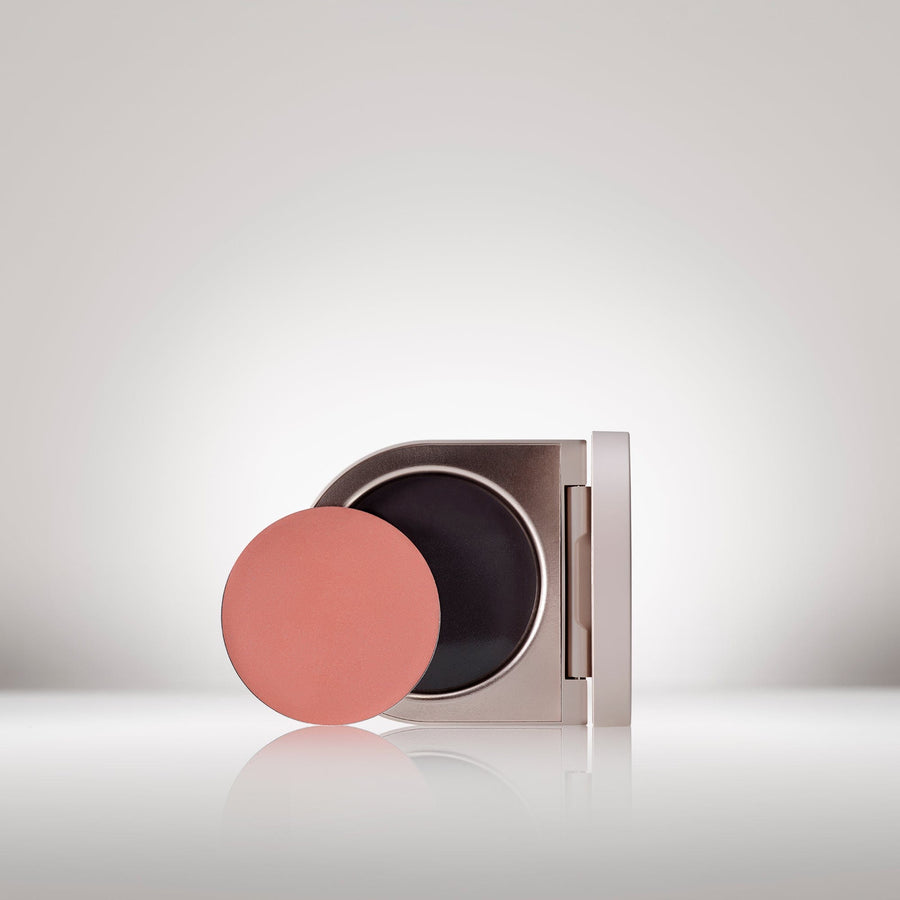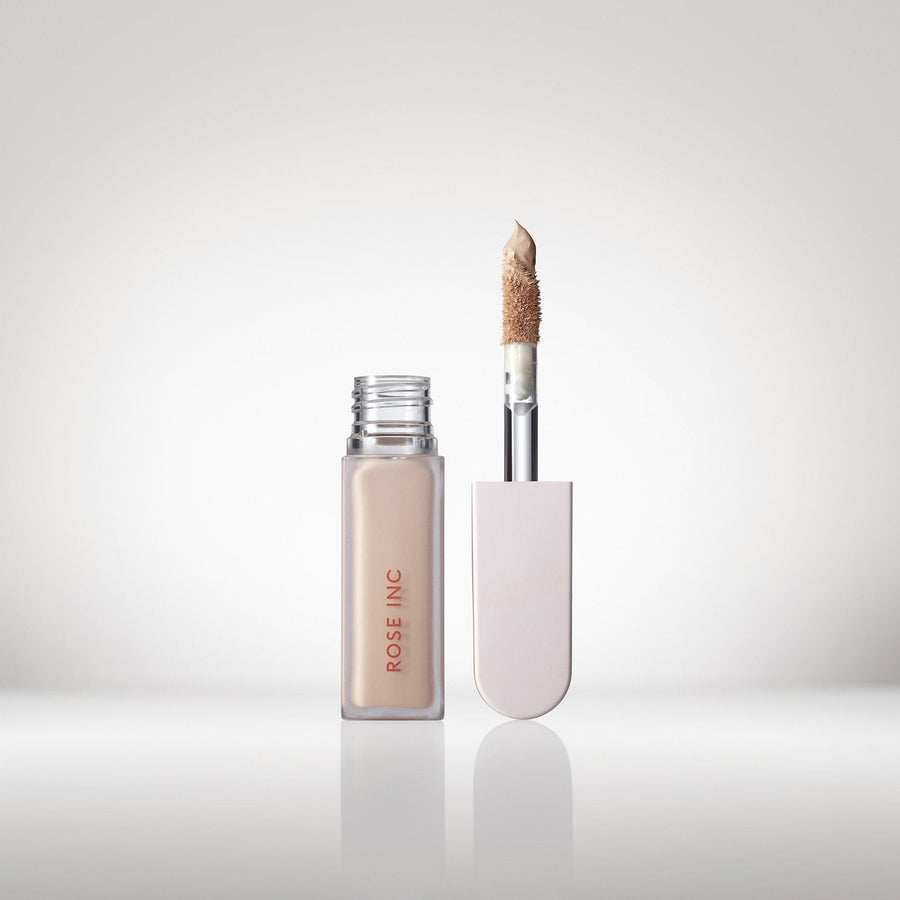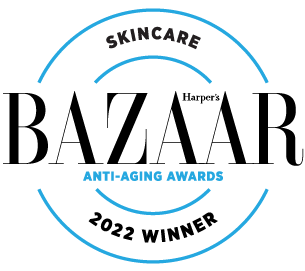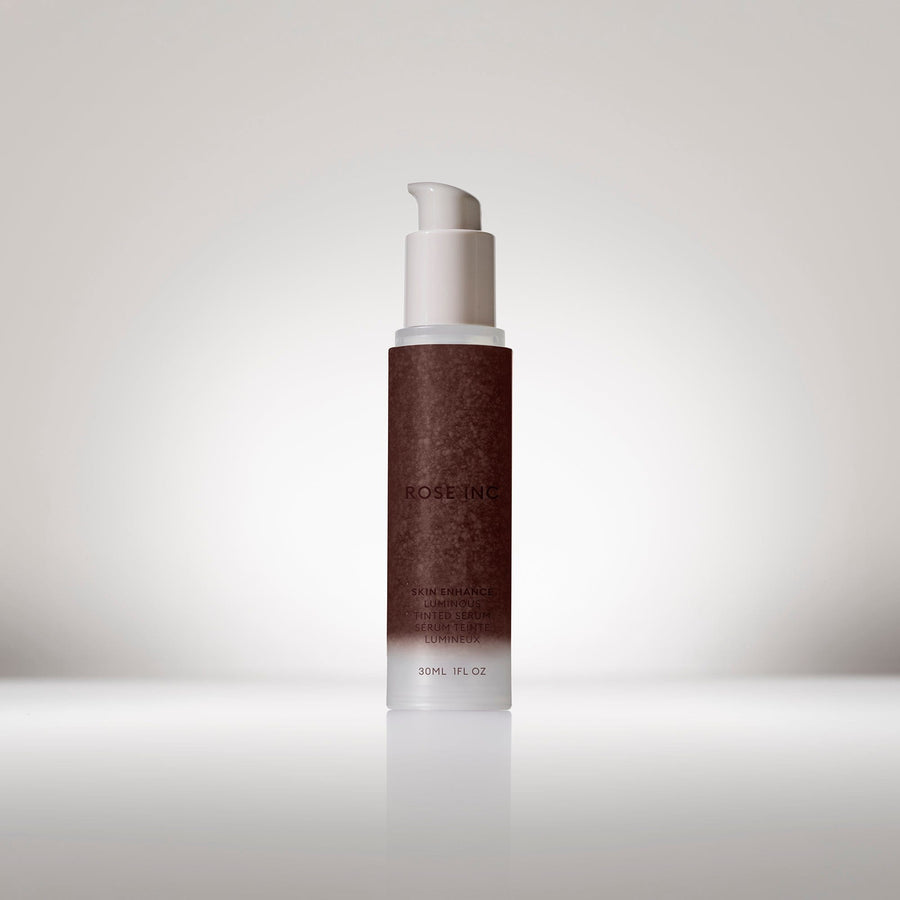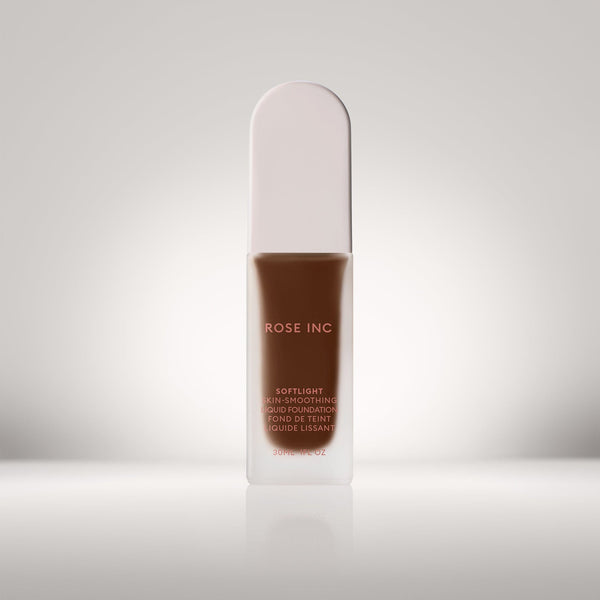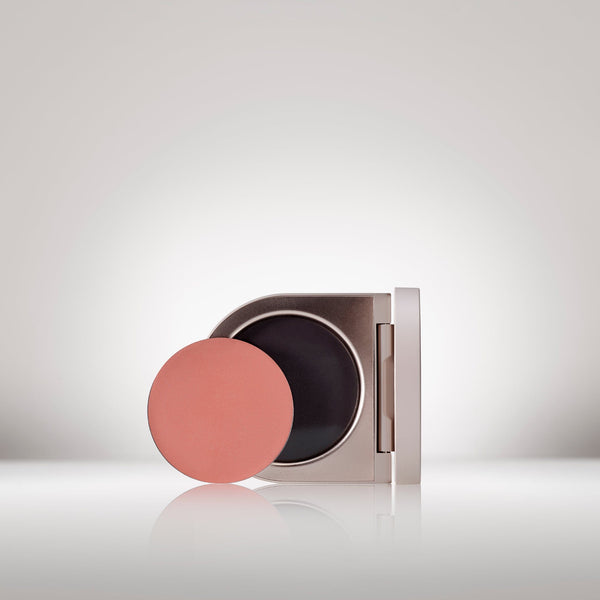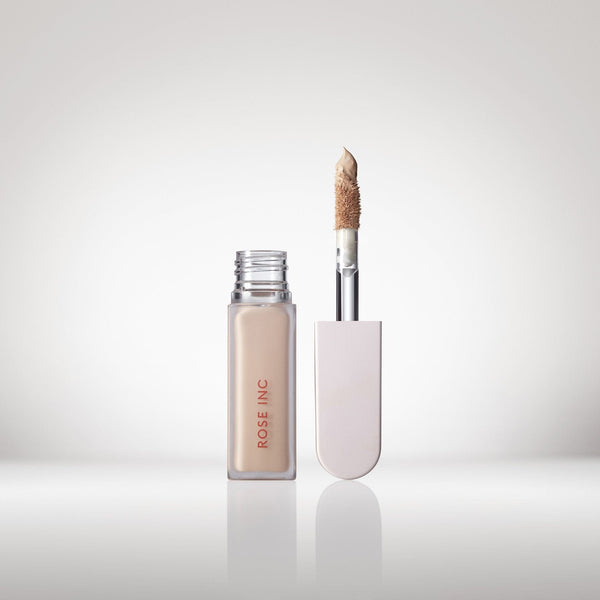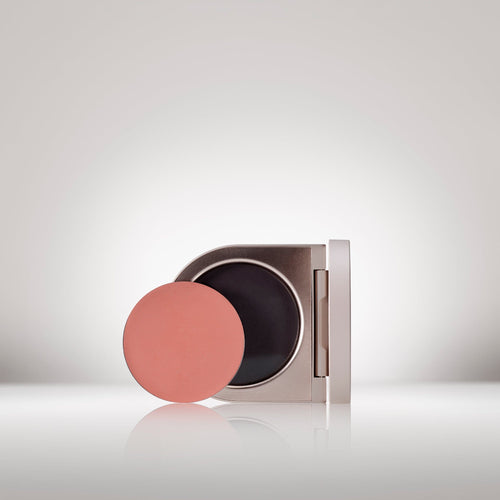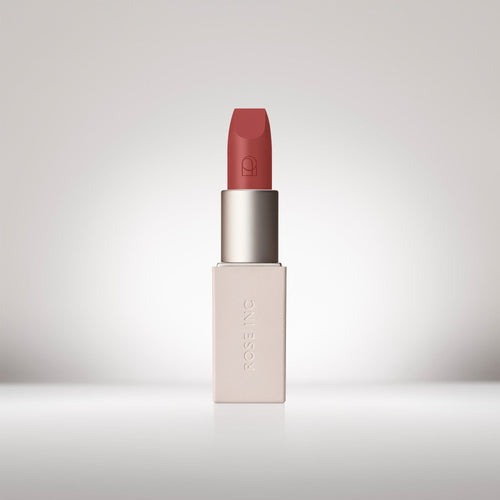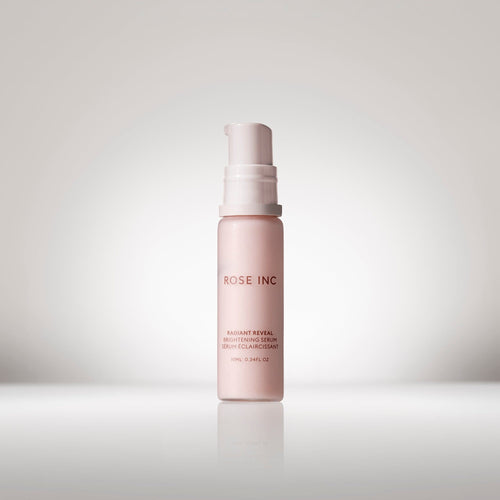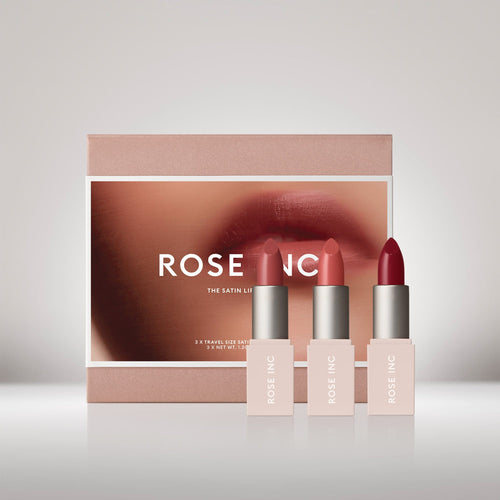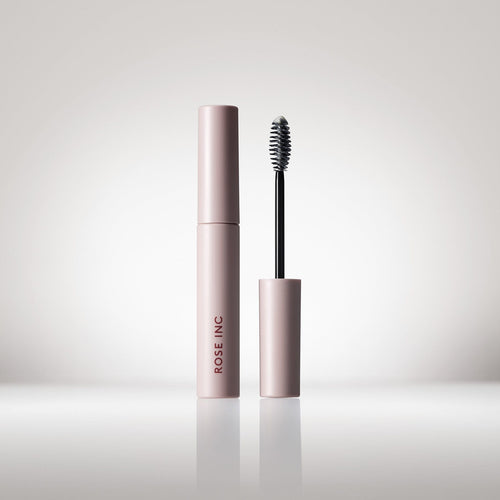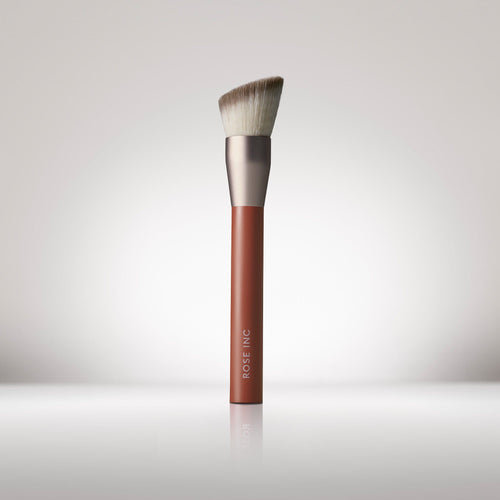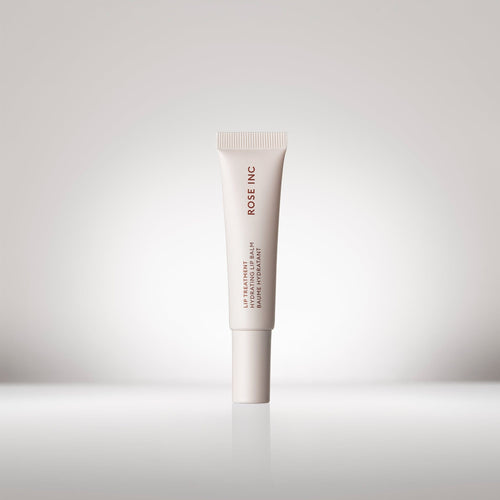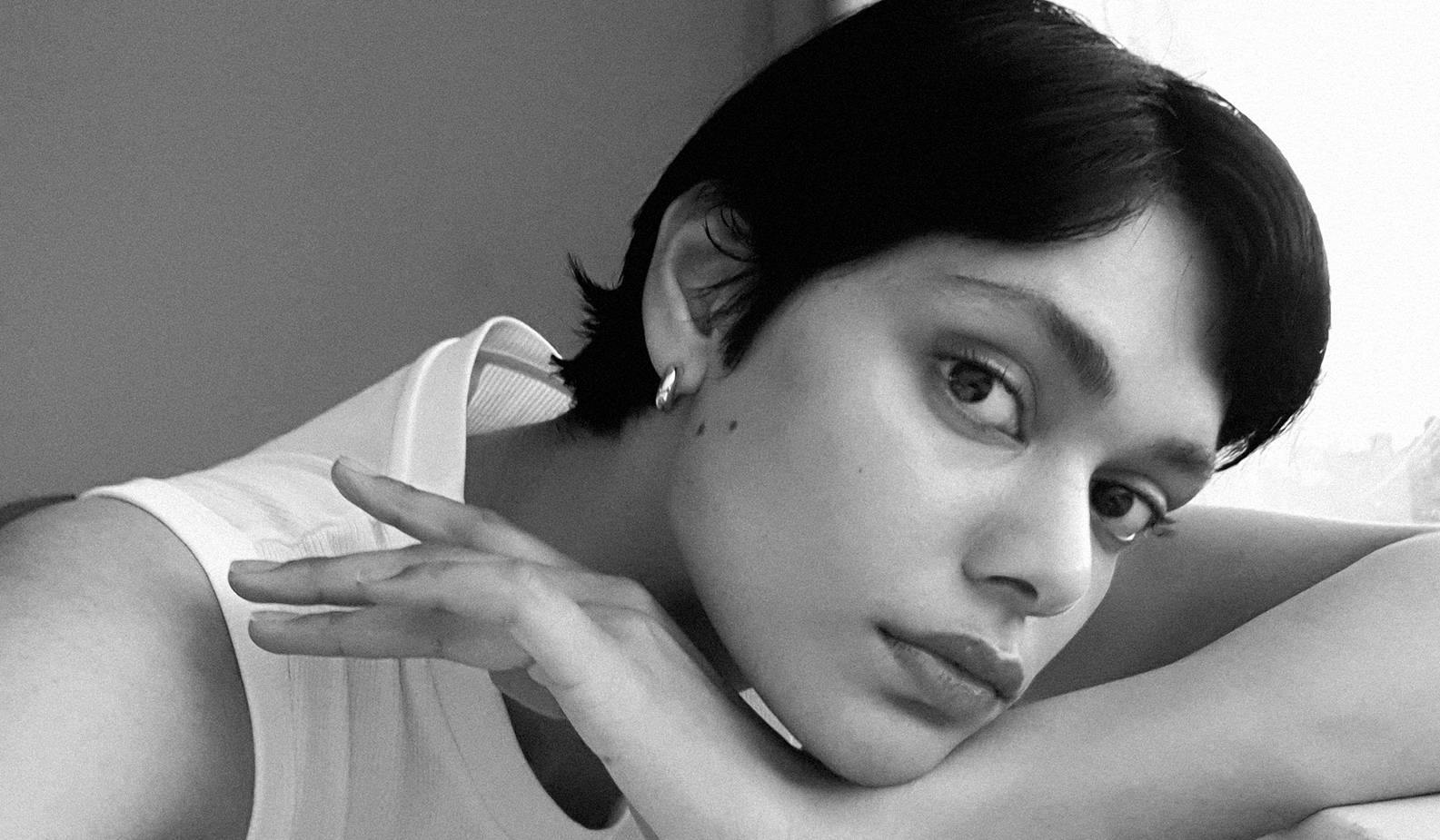
Zinnia Kumar on Dismantling Beauty Standards & DIY Skincare
Everybody has a story about beauty. In Rose Inc.’s The Profile, some of the world’s most intriguing people share theirs. In this intimate interview series, we get (virtually) up close and personal to explore their definitions of beauty and path to self-confidence. Featuring imagery shot through their own lens, The Profile presents these compelling personalities in a new light—one that illuminates their own journey, dreams, and desires while highlighting their unique relationship with beauty.
Zinnia Kumar is the multi-hyphenate we’ve been waiting for. As a model, she’s covered Australian Vogue and has worked with Dior, Off-White, and H&M. As an academic, she’s an expert on the history of beauty ideals and advocates against colorism. As an ecologist, she has a deep understanding of sustainability. And as the founder of The Dotted Line — a sustainability, diversity, and inclusion consultancy — she uses everything she’s learned to try to shift society’s narrative around fashion and beauty.
Having studied the racist pseudoscience of eugenics (the study of controlling human reproduction to amplify Eurocentric races and characteristics) as well as physiognomy (in which personalities are judged by facial features and Eurocentric features have historically been deemed as the standard for beauty), Kumar intimately knows how modern society’s come to perceive and define beauty — and she’s not afraid to talk about it. That means in-between modeling and finishing her masters in industrial and organizational psychology at University College London (in which she focuses on sustainability and inclusion behavior change within fashion and business), she uses her platform (via podcasts, brand collaborations, and an upcoming documentary film) to expose just how baseless the modern concept of beauty can be.
Ahead, we talk to the advocate, entrepreneur, and model about dismantling bogus beauty standards, her recipe for DIY body balm, and being born an old soul.
In your research, you’ve traced today’s beauty standards back to pseudo-sciences of the early 1900s. What does this origin story teach us about beauty standards?
Beauty and its reflection have historically been related to constructs of power. The idea of today’s beauty standards relating to an era of pseudo-science is important. In the late 1800s early 1900s, beauty ideals were no longer associated with opinions or preferences of a dominant European power, but were transcoded by ‘scientists’ (i.e. white supremacists in lab coats) into 'scientific law'. The humans considered 'the most human' were labelled as 'Aryans'. The biased 'scientific law' transcoded faces and skin colors that were not European in the ugly category and also labelled them as 'less human'. The less European in features and color one looked, the more animal they were considered.
As most people do not question science or scientific findings, people all over the world took the propaganda of white supremacist scientists as truth and internalized it. When European scientists started conducting feature- and hair texture-based genocides in the early 20th century in Australia, Africa, Europe, and parts of Asia, people of color quickly learned what features, eye color, and hair texture was necessary for survival and to access privilege.
We have a long way to go to unlearn a lot of inherent ideals of beauty that we learned because of the biases of society, culture, and social belonging. It is important to recognize how the construction of beauty, power, and privilege are intertwined and can't be separated easily. For example, have you ever wondered why most people think small, pointed noses are attractive? Or why blue or green eyes on ethnic faces are considered beautiful and interesting versus dark eyes, or who even deems colored eyes on ethnic faces as beautiful? Is it because of beauty per se or access to implicit white privilege?
However, as discrimination is something ingrained into our education, cultural, and beauty systems, unlearning beauty bias is something that needs to be done actively and deliberately. As adults it is hard because we have always viewed the world the way we have without questioning it. However, these ideas started from our education systems from the age of five. UN-approved, UK-based charity Think Equal reaching has free Social and Emotional programs for children between three and six that eradicate the source of social discrimination. This is what needs to be compulsory in every single school globally.
...beauty is nothing more than a social ideal, ever-changing with time and space
How do rectify being conscious of beauty standards perpetuated by the industry still while enjoying participating in beauty pursuits, like applying makeup or going for a facial?
I do not believe beauty standards and participating in beauty are one and the same. Beauty standards have traditionally been in the domain of Eurocentricity since beauty’s globalization at the turn of the 19th century. Beauty maintains its Eurocentricity through the selection of features (phenotypes) and preference for mixed-race European women when it comes to beauty advertising. Rarely, if ever, do we see ethnic women with ethnic features that completely deviate from the norm. Arguably the rise in ‘diversity or ethnic representation’ in beauty has been performative in my eyes. I want beauty to be inclusive, not just performatively inclusive for the bottom line of the company and for whatever racial minority ‘trend’ the zeitgeist it is currently experiencing.
So, [for me], personally participating in beauty is relearning and accepting the features that the current beauty market and beauty system continues to ignore and label as ‘ugly’ through its implicit Eurocentric regime. For me it is about loving my deep tear troughs, working with my hyperpigmentation, and the undertone of my skin — things that Western cosmetic ‘doctors’ label as ‘defects’ and that the current beauty market, despite what its marketing suggests, still excludes.
What beauty pursuits or rituals do you engage in and how do they benefit your spirit, well-being, and sense of confidence?
Growing up, I thought I was extremely ugly. I think this was because I never saw anyone that looked like me in Australian media or Hollywood, nor did I relate to the hyper-feminine, hyper-sexualized binary imagery of women being created in Bollywood.
I found making peace with myself by feeling good from the inside out [to be] revolutionary. I did this by realizing mostly through my human attraction research that beauty is nothing more than a social ideal, ever-changing with time and space. It is dependent on opinion and conditioning, but not reality or truth. Everything has its beauty but not everyone sees it.
I realized the external self is ever changing and in a constant state of decay, that my body is just a vessel of matter that I am contained within, I am not the vessel in itself. It was when I really started to grasp that concept that I realized I was not the sum of my hair – so I cut it all off. I was not the sum of my makeup – so I stopped wearing makeup. Nor was I the sum of what I wore – I quite fluidly became a chameleon. It was liberating knowing that you could put me in a paper bag, cover me in dirt, place me in any outfit, and it would not change anything about how I felt within. The concept is known as equanimity where external factors do not change your internal self.
How do you continue to advance your mindset around beauty?
I spend time once a week listening to motivational and self-development talks by the likes of Lisa Nichols, Les Brown, Eckhart Tolle, Sadhguru, Dalai Lama, and Gary Vaynerchuk, among others. Self-development to me is a lifelong learning process. I am also extremely careful who I choose to spend my time with and what energies I allow into my environment.
It is important to recognize how the construction of beauty, power, and privilege are intertwined and can't be separated easily…
How have your beauty icons changed as you’ve grown?
I think I was born an old soul. I remember being six-years old and my teacher asking me who my celebrity heroes were. I said, ‘no one because everyone is imperfect!’. However, the people whose work and inner strength I have always admired are David Attenborough, Mother Theresa, Jane Goodall, and the Dalai Lama. Even if I could do just the tiniest shred of the work they have done to enrich the lives of other beings, I would feel joy on my deathbed.
What do you believe about beauty now that you didn’t before?
I do not have to fit into a singular social dimension of physical beauty. Nor is beauty limited by the external or age. Beauty comes from within, not without. The most beautiful people I have ever met were women in their 70s and 80s who exuberate a kind positivity from every fiber of their being.
How do you take care of your skin?
Since I have eczema and dermatitis, I actually blend my own skin-care products from 100% natural products. I stopped buying store-bought skin-care products a year ago, apart from Weleda Skin Food and Weleda White Mallow Sensitive Care Face Cream, which I wear under my makeup depending on how much moisture I need.
I make my own lip balm with beeswax, honey, almond oil, and lanolin. For face balm, I blend cocoa butter, almond oil, and lanolin. I make a body balm with lanolin, almond, and bergamot and use walnut shells and almond oil to make a body scrub.
When you wear makeup, what products do you reach for?
Etude House Dear Darling Water Tint lip stain in Orangeade. I wear this daily. It looks natural, lasts all day, neutralises the purple in my lip, and goes perfectly with lip balm.
I only have a foundation shade that matches for two months of the year before my skin tone changes. I love Bobbi Brown Skin Long-Wear Weightless Foundation SPF 15 in .75 range and Nars Natural Radiant Long Wear Foundation in a yellow-based range. However, I find all my shades oxidise after an hour or two. So I‘m still looking for a foundation with the right yellow undertone that does not oxidise to a muddy orange. I use Dermablend Quick Fix Body Stick in Medium 40W to address hyperpigmentation and for areas that require a bit more coverage. I also use Suqqu Radiant Cream Concealer in N-01 & N-02, depending on the season.
Growing up, I thought I was extremely ugly…I found making peace with myself by feeling good from the inside out [to be] revolutionary.
What is the most surprising thing you have discovered in your work on your upcoming documentary about colorism in India?
Beauty as an external ideal is forever changing with culture, time, social, and fashion trends. Truly, beauty is a construct of power: Whoever owns and controls beauty companies projects beauty in their own image. Hence, the undeniable Eurocentricity in the theme of beauty casting and imagery by traditionally European-owned beauty conglomerates. There has been a historical absence and denigration of ‘ethnic’ features. For example, the same beauty companies that advertise diversity in the West advertise skin bleaching in the East. The biggest myth the West believes is that people of the East are obsessed with skin bleaching, when the forceful push for valorisation of light skin and denigration of dark skin came from the imbalance of power from colonisation and beauty globalisation. European women bleached their skin until the mid 1920’s, ads of the era were incredibly racist and highlighted that European women with ‘tainted’ skin had lower social status. When tanning came in as a trend from the mid 1920’s, skin bleaching was deceptively marketed to ethnic people [as a way] to access the socio-economic privilege that light skinned Europeans could access. The ads over a period of 100 years became increasingly derogatory, highlighting the social factions of light skin and dark skin ethnic people creating a pseudo hierarchy within non-white societies which faced the initial power imbalance.
Furthermore, despite privileged, male researchers saying that colorism is simply a female issue related to physical beauty, it is not. It is gendered and intersectional and affects women psychologically, socially, and economically. Tens of thousands of women are murdered and bullied into suicide each year and no one bats an eyelid, as their skin tone places them on a pseudo-social hierarchy, with the lightest at the top and the darkest forgotten at the bottom. Furthermore, European and American beauty companies in India continue to reinforce colorism explicitly and implicitly through their advertising and beauty ranges.
When it comes to chasing beauty ideals, is gaming the system about focusing on beauty pursuits that make us feel good?
Yep, 100%. Breaking that cycle means changing the market from one that only sees flaws and shames consumers, to one that sees no flaws and only features what is your choice to consume or not. [It’s about creating] a positive feedback cycle not driven by shame and fear, but positive self-regard, where we feel good about consuming, but also still feel good by not consuming. I have noticed some amazing Venus Shaver ads recently that no longer shame women who choose to keep their body hair. This is the kind of positive beauty messaging we need, to heal from the historic intergenerational trauma of negative beauty.
How do you see your work expanding or progressing in five years?
I hope to continue creating change through producing honest, authentic, and fact-based content through media activations and literary assets, such as documentaries, books, products, podcasts, and contributions toward magazines (both offline and online) that push conventional wisdom and raise awareness. The content I produce and write about is always explored at a scientific and historic level in order to make sure I always represent the topic, people or issue in an evidence based well informed way. My aim is to help increase community, belonging and visibility through education.
I aim to use my platform and work in fashion to reach an audience of young people, but also people of all ages who feel inspired to know more. Fashion has the power to form trends, provide access, create a sense of belonging, and amplify otherwise marginalised and invisible voices. I would like to use this platform to become as notable as I can in this industry, to raise awareness, and break down as many barriers that I can as a South Asian and woman in STEM so that the next generation has [more] access, visibility, and opportunity.



